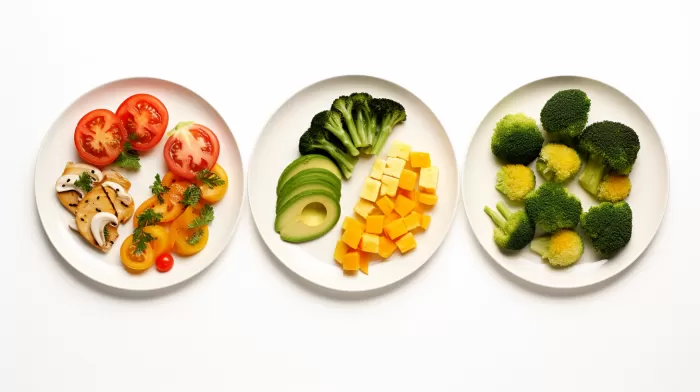Imagine undergoing a major surgery such as a cystectomy for bladder cancer, and finding out that your chances of survival could have been drastically improved just by having the right nutrition before the procedure. Sounds unbelievable, right? But that’s what a study in the Journal of Urology discovered. Patients who were nutritionally deficient prior to surgery had a lower chance of surviving 90 days after the surgery compared to their well-nourished counterparts.
In this article, we will dive deeper into how optimal nutrition can have such a significant impact on post-surgery survival and what steps you can take to ensure that you or a loved one are well-prepared for any upcoming surgical procedures.
The Link Between Nutrition and Post-Surgery Survival
The study from the Journal of Urology observed 538 individuals who went through a radical cystectomy for urothelial carcinoma over a nine-year period. The researchers, led by Justin R. Gregg from the Vanderbilt University Medical Center, assessed patients’ nutritional status by examining their weight loss that occurred before the operation, their body mass index (BMI), and levels of albumin, a type of protein, in their bodies.
Those most at risk were patients who lost more than 5% of their body weight, had a BMI of less than 18.5, and had less than 3.5 gm/dL of albumin. The mortality rate among these malnourished individuals was an alarming 16.5%, compared to just 5.1% among other patients with better nutrition. Even three years post-surgery, the malnourished patients had only a 44.5% survival rate, while 67.6% of those with better nutrition survived.
So, why does nutrition have such a huge impact on post-surgery survival? To understand this, we need to explore the role of nutrition in the body’s healing process.
Nutrition and the Healing Process
When your body undergoes surgery, it endures significant stress and consequently requires more nutrients and energy to heal and recover. This is why having proper nutrition before surgery is essential, as it helps ensure that your body has all the necessary resources it needs for a successful recovery.
Here are four crucial components of nutrition that directly impact the healing process:
- Protein: Proteins play a vital role in the repair and reconstruction of tissues, and maintaining adequate levels of protein in your diet before surgery is essential for optimizing the healing process. The American Dietetic Association recommends consuming 1.2 to 1.5 g of protein per kilogram of body weight daily to support wound healing.
-
Calories: Providing your body with the necessary energy to undergo the complicated process of healing is critical. The Academy of Nutrition and Dietetics suggests increasing your daily caloric intake by 15 to 20% to further enhance wound healing.
-
Micronutrients: Vitamins and minerals aid in tissue repair and regeneration. For example, vitamin C contributes to collagen synthesis, and zinc supports the immune system to fight off infections. Eating a balanced diet rich in fruits, vegetables, and whole grains will ensure you’re getting enough micronutrients.
-
Hydration: Staying well-hydrated is essential for optimal healing. Ensure you’re consuming an adequate amount of water daily, especially before surgery, to avoid dehydration and complications during and after the procedure.
Preparing for Surgery: A Nutritional Checklist
To help you or a loved one prepare for surgery with proper nutrition, consider the following guidelines:
- Start early: Consult with a dietitian or healthcare provider at least a few weeks prior to surgery to help you develop a personalized dietary plan.
- Prioritize protein: Incorporate lean protein sources such as chicken, fish, and low-fat dairy products into your diet before surgery.
- Focus on fruits and veggies: Aim to consume at least five servings of fruits and vegetables daily to ensure ample supply of essential vitamins and minerals.
- Don’t forget hydration: Sip water throughout the day and minimize caffeinated beverages that can dehydrate you.
Remember, optimal nutrition is not just restricted to your pre-surgery days but should also be maintained during post-surgery recovery and beyond. By prioritizing nutrition and working with healthcare professionals, you can take proactive steps to improve your chances of successful surgery outcomes and overall well-being.
By understanding the powerful connection between nutrition and post-surgery survival, patients and caregivers can take important steps to ensure the best possible outcomes from surgical procedures. Investing in optimal nutrition before undergoing any surgery is a vital aspect of overall health and may ultimately save more lives.



